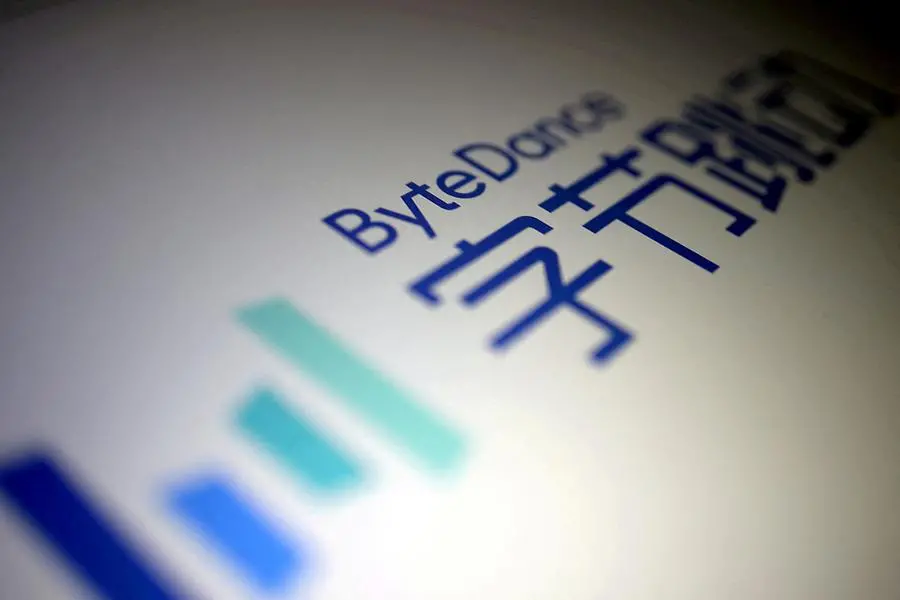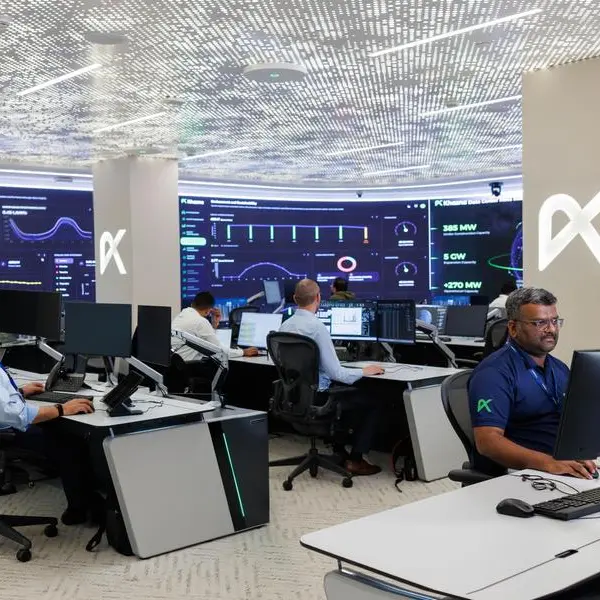PHOTO
HONG KONG - TikTok owner ByteDance said on Tuesday it is not shutting its virtual reality (VR) business Pico and remains committed to the industry for the long term, after reports that the Chinese company plans to gradually wind down the brand.
The statement came after Chinese research firm EqualOcean published a report saying that ByteDance founder Zhang Yiming told Pico's management team ByteDance would gradually give up on the Pico business.
"The report that we are shutting down Pico is not true. Pico is under normal operation and the company will continue to invest in the extended reality (XR) business over the long term," ByteDance said in a statement shared with Reuters.
XR is a broader term which encapsulates both VR and other headset-related technologies.
The Pico headsets are often seen as ByteDance's answer to the popular Quest headsets developed by Meta Platforms Inc . Pico has the biggest market share for VR headsets in China, accounting for over 58% of the market, as Meta's Quest devices have yet to enter the country officially.
On Tuesday, a separate story published by Chinese online news outlet The Paper said that ByteDance was in the process of rethinking Pico's strategy and that nearly half of the unit's employees had left. It also said multiple senior executives have effectively been shifted out of the Pico business line.
Without elaborating, ByteDance said in a separate statement that the company "will maintain the normal operation of the product and continue to enhance the investment in product technology".
ByteDance has been promoting Pico across international markets. The Wall Street Journal reported earlier this year that Pico has increased its headset shipments last year while Meta's headset shipments declined. Bytedance also started paying software developers to bring more apps to its ecosystem.
But signs of trouble started appearing for Pico early this year. In February, Reuters reported Pico had laid off more than 200 employees to streamline the company.
ByteDance acquired Pico in August 2021 right at the height of the metaverse hype.
But the buzz around the metaverse has cooled off since. According to research firm IDC, augmented reality (AR) and VR headset shipments declined for the fourth quarter in a row as volumes fell 44.6% year over year during the second quarter this year.
(Reporting by Josh Ye; Editing by Deborah Kyvrikosaios)




















